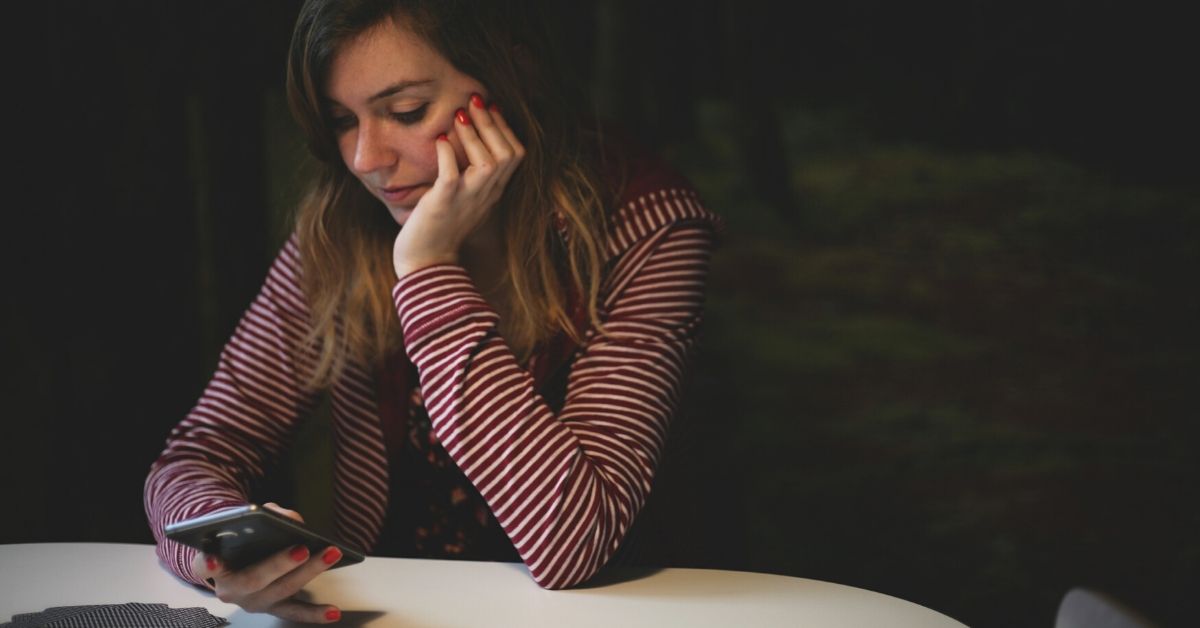Deloitte's sixth annual Mobile Consumer Survey last year found that 60% of Australians are trying to limit their smarthone use, up from 38% the previous year. We clearly have a problem, Houston.
Deloitte's sixth annual Mobile Consumer Survey last year found that 60% of Australians are trying to limit their smartphone use, up from 38% the previous year. We clearly have a problem, Houston.
Some businesses are reportedly offering incentive programs for staff to exercise digital restraint and there's even a pub in the US (Patrick's Pub and Eatery in New Hampshire, for the record) that offers free sundaes on Sundays to customers who switch off and engage with their fellow guests.
There's little doubt that disconnecting helps us to connect. But mental health support organisation Beyond Blue reports other important health benefits to unplugging, namely:
- greater contentment;
- greater productivity;
- healthier relationships;
- improved physical health; and
- better sleep.
Head of the School of Education at the University of New England and member of its ICT Education Team, Professor Sue Gregory, believes it's only by taking a break from technology that we can evaluate how much we use it, which makes a holiday digital detox so useful.
"Many people might be shocked to learn how much technology has become like another hand or arm," she says. "But as well as being aware of our technological use, we have got to want to limit our use, and many people will not want to make that decision. It takes discipline and willpower, and for some people we are talking about an addiction."
Sue is a big supporter of refraining from using digital devices periodically, not just during the summer break. "I can see merit in introducing your own rules around use first thing in the morning, after a certain time at night, on weekends, and even for periods during the working day," she says. "I have been at conferences where a presenter has reacted to their vibrating smartwatch, and I'm appalled at how often people look at phones when they are meant to be engaged in conversation with others. It often happens in restaurants - where I have even got out my phone and taken photographs of them - and I get really annoyed walking down the street when someone runs into me because they were too busy looking at their phone. It's poor manners and it can be dangerous."
So you've decided you want to reduce your use of digital devices in 2020, where do you start? Experts recommend taking a few simple steps to create new habits, including:
- Regularly turning off your device for periods of time;
- Turning off smartphone notifications;
- Switching off your data or home wi-fi for periods of the day;
- Relying on an old-fashioned wrist-watch and alarm clock;
- Imposing new rules on how often you'll check your smartphone - and sticking to them;
- Re-acquainting yourself with your loved ones and the joys of personal conversation;
- Taking some exercise - and leaving your phone behind;
- Enjoying an uninterrupted meal with family and friends; and
- Keeping your phone/laptop/tablet on charge outside your bedroom.
Now walk the talk and close this device!


